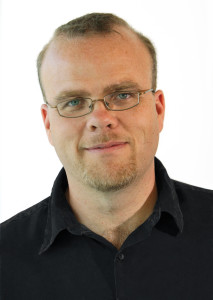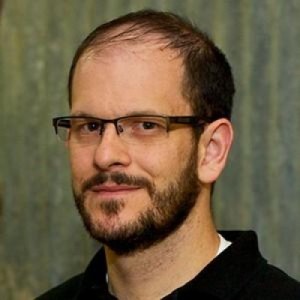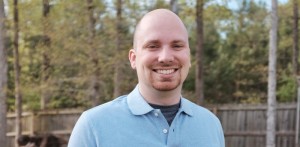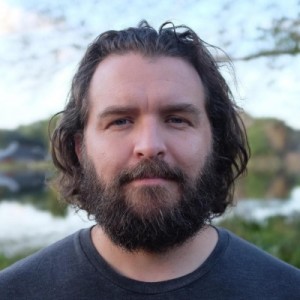Treehouse: PHP Development
Some programming languages are very specific, pertaining to a unique task or purpose. Others, like PHP, are for general use.

Rasmus Lerdorf, the father of PHP
PHP is the brain child of Rasmus Lerdorf, who initially created a suite of personal home page (PHP) tools for himself. He has stated that it was never his intention to create a programming language, but that PHP simply grew. It wasn’t designed. It developed, organically, through its users. It was a humble beginning.
Over the years, PHP development became more widely used. It has gone through many changes, and is now one of the most popular general-purpose scripting languages there is. It is especially suited for web development. Developers may embed PHP right into HTML, which is a great advantage.
PHP builds simple, dynamic websites quickly and effortlessly. Even after 20 years, it remains a very popular choice for web developers around the world. It dominates the World Wide Web, and it’s used by startups and Fortune 500 companies alike.
Treehouse online courses has a PHP category consisting of 13 courses and 5 workshops. There are beginner courses, intermediate ones, and advanced ones. There is also an extensive PHP learning track, which spans 31 hours! This learning track guides students as they begin their journey. From square one to job-readiness, and beyond. It is fit for anyone who is interested in web page development.
Examples of courses are Object-Oriented PHP Basics, Using PHP with MySQL, PHP & Databases with PDO, and Drupal Basics.
Course Review: Enhancing a Simple PHP Application
This course is taught by Randy Hoyt, a Treehouse teacher who specializes in PHP, HTML, and JavaScript. This is an intermediate course, which acts as the continuation of a previous course – Build a Simple PHP Application, also taught by Hoyt. In Build a Simple PHP Application, an e-commerce store is built. This project will take the existing e-commerce store, and enhance it with new techniques using the PHP programming language. By the time students complete this course, they will have gained enough knowledge to properly build an online store with clean web addresses, basic search functionality, pagination, and other features. Students who complete this track will have a firm grasp on programming concepts like refactoring and separation of concerns.

Instructor Randy Hoyt
The topics covered in this course are:
- Integrating Validation Errors
- Cleaning URLs with Subfolders
- Cleaning URLs with Rewrite Rules
- Refactoring the Codebase
- Adding Search: Controller & View
- Adding Search: Model
- Paginating a List: Controller
- Paginating a List: Model and View
This course is about four hours long, and it includes eight modules. Each module includes lectures, coding challenges, extra credit work, and a short assessment quiz.
About the Instructor: Randy Hoyt
Hoyt has been building websites and web applications for over 16 years. He is a Treehouse teacher, and also works at Bloomboard, a Silicon-Valley education technology startup.
Course Review: Laravel 4 Basics

Taylor Otwell, creator of Laravel
Laravel is a web application framework, written in PHP. It is a cross-platform software, written by Taylor Otwell. It was released in 2011, and the latest stable update was made public in October, 2015. It is an open source program, which has become very popular over time. This Laravel course is taught by Hampton Paulk.

Instructor Hampton Paulk
The topics covered in this course are:
- Project Setup
- Laravel controllers
- MVC
- Databases and Migrations
- Relating Laravel Data
Even though this course is categorized as a beginner course, it is only at the beginner level in the Laravel sense. A beginner Laravel course, but an advanced PHP one. Before enrolling in this course, it is highly recommended by Treehouse that students complete the following courses:
- Build a Simple PHP Application
- Enhancing a Simple PHP Application
- Console Foundations
- Database Foundations
- Git Basics
- Object-Oriented PHP Basics
Once familiar with the concepts and techniques taught in those courses, the Laravel framework will be an easy transition for any developer.
This course runs approximately five hours, and includes eight modules. Each module contains lectures and short assessments quizzes, in order for the student to gauge his or her progress.
About the Instructor: Hampton Paulk
Paulk is a web developer, maker, & teacher. He teaches during the day, learns at night, makes things for fun, and – according to him – sometimes gets to sleep.
PHP may have started small, but these days over 75% of webpages use it. It is an advantage and appreciated skill for any web developer to have.
No comments yet.